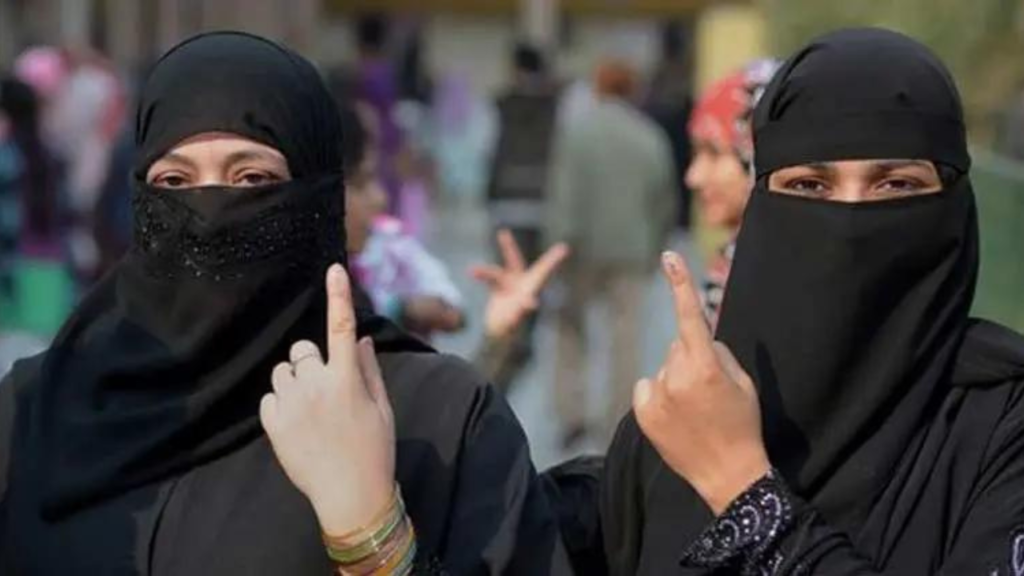In a significant development, the final electoral roll for Delhi was published on Monday, revealing an 85% increase in the number of young voters aged 18 to 19, and a noteworthy improvement in the registration of women voters. According to the Special Summary Revision for 2024, the total number of electors reached 1,47,18,119, with 79,86,572 males, 67,30,371 females, and 1,176 third-gender electors, as reported by the Chief Electoral Officer (CEO) of Delhi.
During the special summary revision exercise, which concluded on January 1, 2024, special efforts were made to enhance gender inclusivity in the electoral process. The gender ratio of electors saw a positive shift from 838 to 843, reflecting a commendable 5-point improvement, as stated by CEO Delhi, P. Krishnamurthy.

Krishnamurthy emphasised, “The final electoral roll published today shows a significant increase in the number of young electors in Delhi, demonstrating the commitment of young electors towards the electoral process.”
House-to-house verification resulted in the deletion of 3,97,004 entries from the electoral roll, including 3,07,788 names of permanently shifted electors, 56,773 deceased electors, and 32,443 multiple entries.
Special attention was given to the enrollment of young voters in the 18–19 age group, with a total of 67,930 young voters added during the special summary revision. This accounted for 26.7% of the total addition of 2,54,470 names during the revision.

The enrollment of young electors in the 18–19 age group witnessed a remarkable increase of 9.69% compared to the final roll of the previous year and an outstanding 85.8% surge during the special summary revision of 2024 alone.
Prospective voters set to turn 18 on the qualifying dates in 2024 (April 1, July 1, and October 1) have also submitted advance claims for inclusion in the electoral roll. A total of 9,335 prospective voters applied for registration during the special summary revision in 2024.
CEO Krishnamurthy highlighted the importance of continuous efforts to achieve a high-quality electoral roll, emphasising that the addition and deletion of names are ongoing processes necessary for a robust electoral system. The developments in Delhi’s electoral roll are indicative of a positive shift towards increased youth engagement and gender inclusivity in the democratic process.

Gender Ratio in Past Electoral Rolls:
In 2023, the electoral rolls of Delhi revealed a higher number of registered women voters compared to men, as reported by the Delhi Chief Electoral Officer (CEO). The data indicated an increase of over 78,800 male electors, while the number of female electors saw a rise of nearly 91,000 between November 2022 and October 2023.
In 2022, women voters surpassed men voters in at least 15 out of the 33 electoral divisions in the state, as per the revised final electoral roll published in January 2022.
A report by The Hindu highlighted a consistent improvement in the gender ratio, rising from 958 (per 1,000 males) in the 2013 Assembly elections to 984 in 2020. The progression was noted as 960 in the 2014 Lok Sabha elections, 963 in the 2015 final rolls, 972 in the 2018 Assembly elections, 976 in the 2019 Lok Sabha elections, 981 in the 2020 summary revision, and reaching 984 in the final electoral roll for the year 2022.


